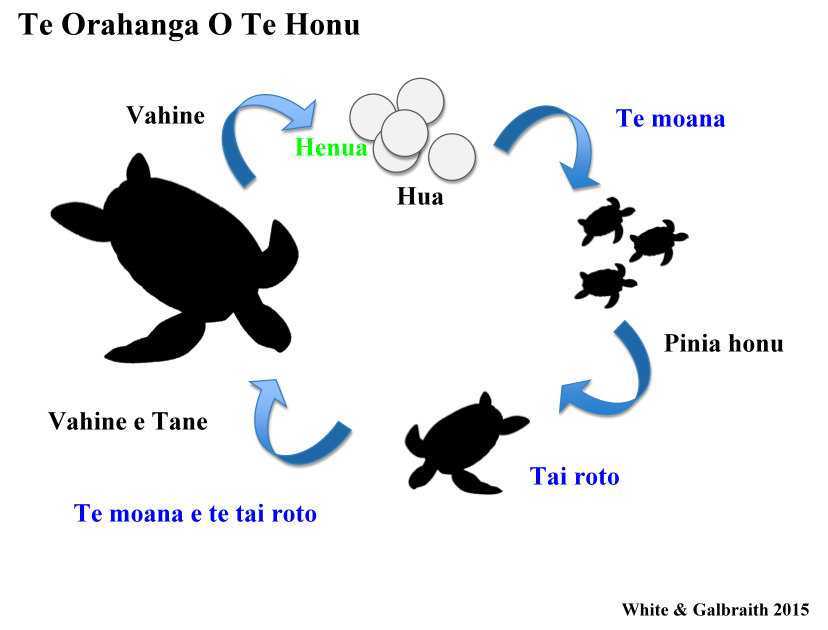Pinned Items
Recent Activities
-
My atoll of Tongareva is similar. We have 200 people here and do regular beach cleans. About 95% is plastic, heaps of FADs and fishing gear too. We are west of Henderson.Post is under moderationStream item published successfully. Item will now be visible on your stream.
-
Hello friends. Last week the Commonwealth Institute asked if I could contribute to their Sea of Voices programme concerning the Blue Charter. They put this slightly trimmed version up. Enjoy!
https://twitter.com/commonwealthsec/status/1153682697707016193Post is under moderationStream item published successfully. Item will now be visible on your stream. -
oceanmike commented on this post about 5 yearsWorse. As part of my oceanic plastics clean-up project at Tongareva Atoll ~ funded by Australian High Commission in Wellington ~ thank you ~ I'm making a poster on various health impacts (including ecosystem & biosphere levels). Only yesterday I read a study about persistent organic pollutants (POPs) accumulating in fish tissue ~ the real impacts are already going to be horrendous. My feeling is it's too late (Eriksen et al 2014 estimated 5.25 trillion pieces of plastic in the ocean); (Jambeck et al 2015 report about 8 million tonnes added to the ocean each year). Homo plasticus !!! #plastic
-
My concern here is we are a subsistence way-of-life (not a cash economy) gathering fish and shellfish from the ever-present plastic pollution in our More ...
Post is under moderationStream item published successfully. Item will now be visible on your stream. -
-
oceanmike commented on this post about 5 yearsBad bad bad : what Paris Agreement? #climatechangePost is under moderationStream item published successfully. Item will now be visible on your stream.
-
#hararanga
#indigenous
#seaturtles
I expect some of you have struggled with there being no scientific resources in local languages. This is one we made a few years ago to ease understanding. Simple and clear, MikePost is under moderationStream item published successfully. Item will now be visible on your stream. -
oceanmike commented on this post about 5 years#hararanga
#oceanplastics
#subsistenceliving
#documentary
This includes SDG14: Life below water; a GEF SGP funded project; and a grant from the Australian High Commission, Wellington, Aotearoa (New Zealand). Oceanic plastics are an overwhelming problem.-
We are not a cash economy, but live on fish, shellfish and coconuts. Climate change is now affecting them all. So the continual presence of plastic More ...
Post is under moderationStream item published successfully. Item will now be visible on your stream. -
-
oceanmike commented on this post about 5 years
-
This bleaching event appears to be caused by increased solar irradiance (u/v) as sea temperatures are normal. It is happening very quickly and now in More ...
Post is under moderationStream item published successfully. Item will now be visible on your stream. -
-
#hararanga
#seabirds
#climatechange
#indigenous
2018 was a remarkable year for nesting seabirds. About 70 years ago red-tailed tropicbirds Phaeton rubricauda were only nesting on a single islet: the Landowner put 'Rahui' in place ~ so no birds could be taken. Now they are nesting on every uninhabited islet. Excellent news!Post is under moderationStream item published successfully. Item will now be visible on your stream. -
#hararanga
#forests
#restoration
#climatechange
This documentary shows the habitat failures we suffered, mostly from climate change impacts : & our restoration efforts, which were mostly successful.Post is under moderationStream item published successfully. Item will now be visible on your stream. -
Stream item published successfully. Item will now be visible on your stream.
No posts yet

